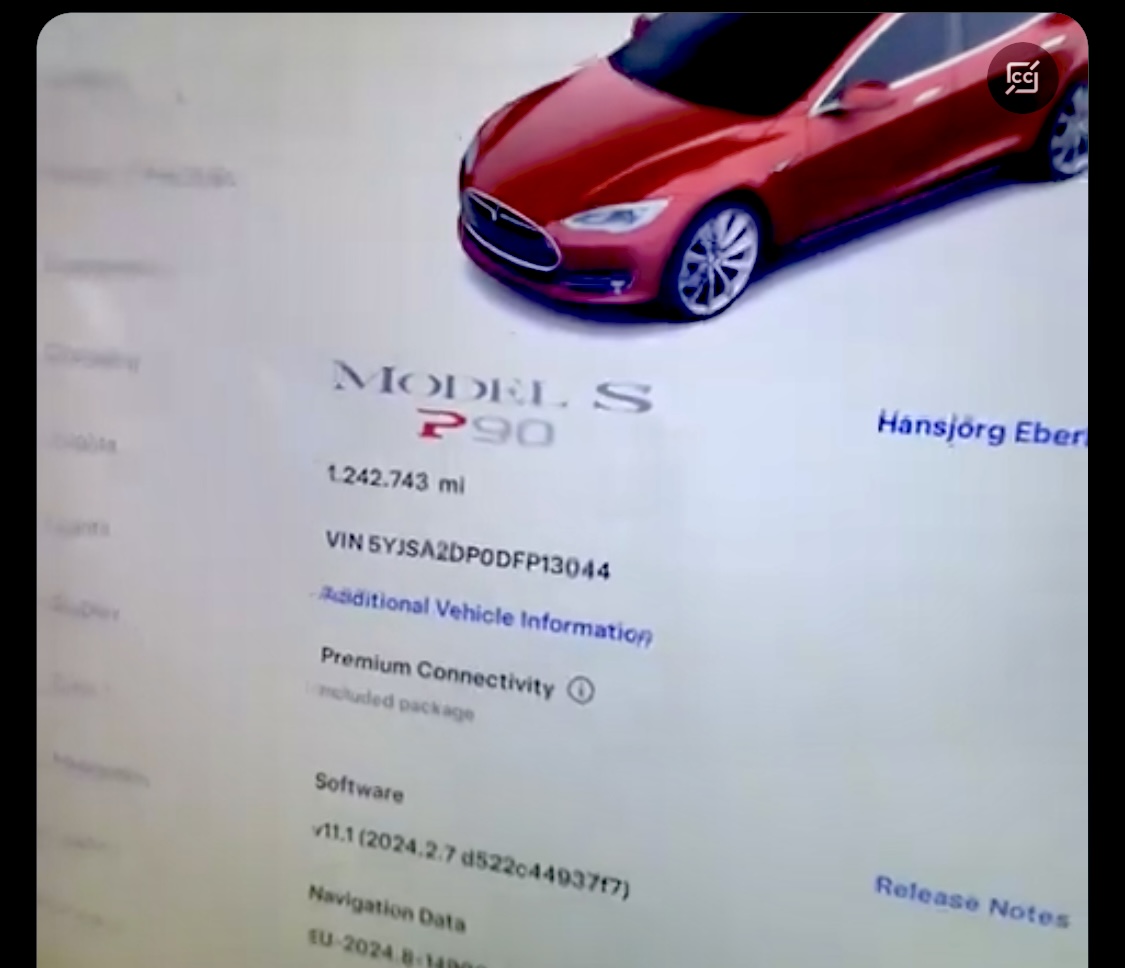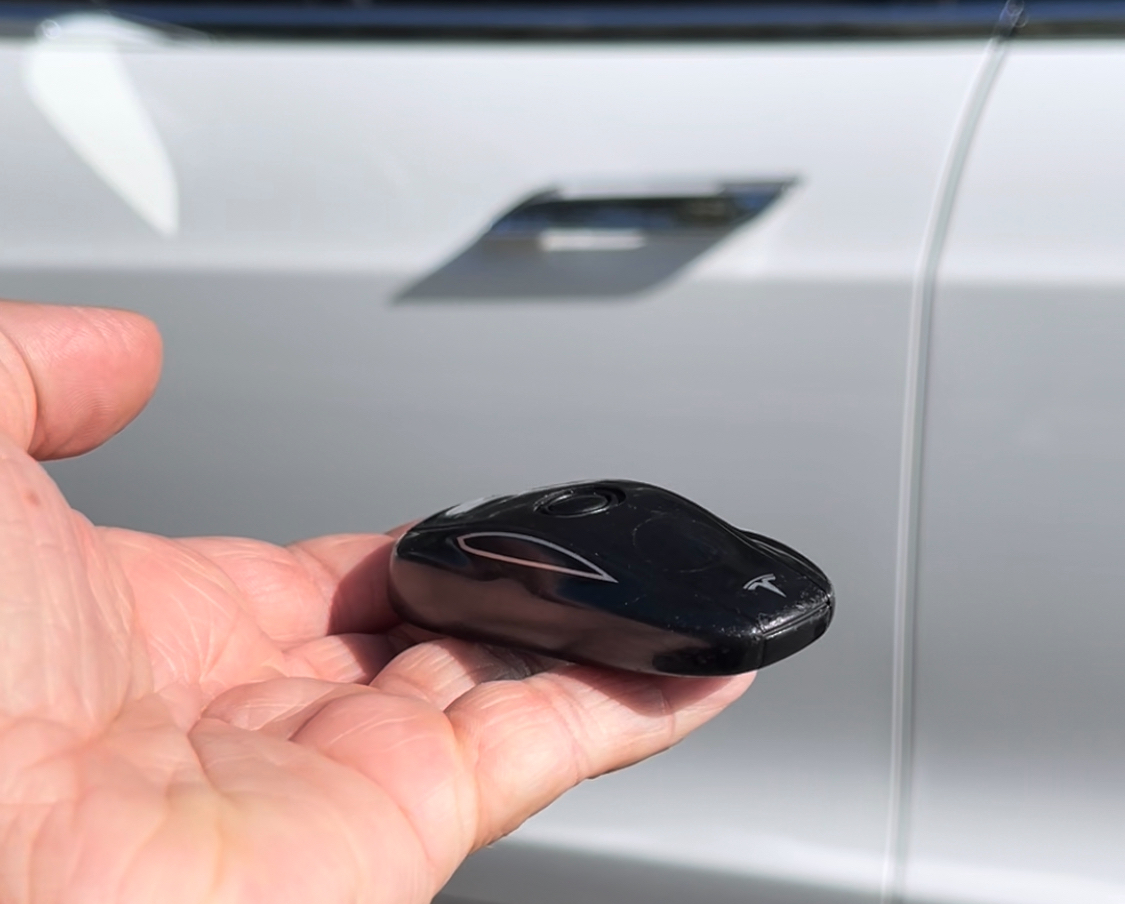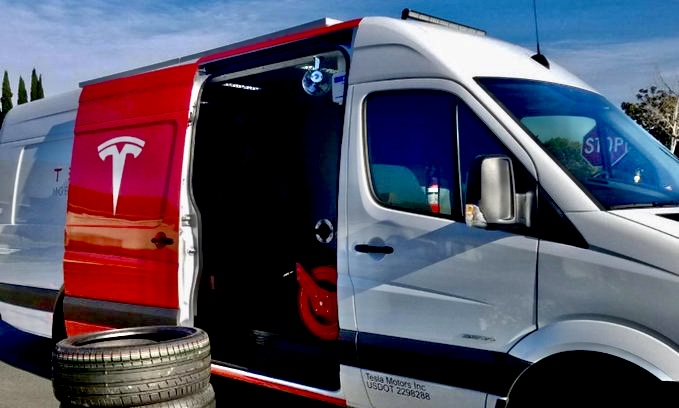20 EV FAQs
1. What is the actual range of an electric vehicle, and how does it vary in different driving conditions?
The range of an electric vehicle depends on factors like the model, battery capacity, driving conditions, and speed. It typically varies from 100 to over 300 miles (160 to 480 kilometers) on a single charge.
2. How long does it take to charge an electric vehicle at home or at a station?
Charging time depends on the charging method, battery capacity, and battery state of charge. Charging at home with a standard Level 1 home outlet takes upwards of 10+ hours, Level 2 charger takes several hours (4-8 hours). Fast chargers (Level 3 or DC fast chargers) can charge to 80% in 30-60 minutes.
3. Do EVs cost more to maintain and repair compared to ICE cars?
EVs generally have lower maintenance costs due to fewer moving parts, but repair costs can be higher due to specialized components. Check with manufacturers and local service providers for specific costs.
4. How do EVs perform in extreme weather conditions like hot summers or cold winters?
EVs perform well, but extreme temperatures can affect battery performance and reduce range. Battery management systems help regulate temperature for optimal performance.
5. What happens if I run out of battery charge while driving an electric vehicle? Can I get stranded?
Running out of battery charge can leave you stranded, similar to running out of fuel. EVs provide warnings and range estimates. Planning routes with charging stations or carrying a portable charger can help alleviate this worry.
6. Do EV batteries degrade like a cellphone?
Yes, EV batteries experience degradation over time, affected by charging habits and extreme climates. Optimal charging levels and temperature management help extend battery life.
7. How does battery degradation impact the performance and longevity of an electric vehicle?
Battery degradation occurs naturally but is minimized with advanced battery management systems. After several years, most EVs still have sufficient capacity for daily driving.
8. Are there enough charging stations available, especially on long road trips or in rural areas?
Charging station availability varies. Urban areas usually have sufficient infrastructure, but rural areas may be less developed. Charging infrastructure is expanding, and apps/websites provide charging station locations.
9. What is the environmental impact of producing and disposing of EV batteries?
Battery production and disposal have environmental impacts, but overall, EVs have lower emissions during operation compared to conventional cars. Battery technology and recycling are improving sustainability.
10. Are EVs better for the environment, considering the energy used to charge them comes from various sources, including fossil fuels?
EVs are generally more environmentally friendly than gas cars, considering the increasing share of renewable energy in the grid and potential future decarbonization efforts.
11. How do I get my garage ready for an EV?
Prepare your garage by installing a dedicated 240-volt circuit for charging. Professional installation costs vary, and you may need to upgrade your electrical supply if necessary. You’ll also need charging equipment to connect your EV.
12. What if I own an EV without home 240-volt charging?
Charging an EV with a standard 110-volt household plug (Level 1) is slow and could take days to fully charge. It can work if you have short daily drives or access to charging at work, but relying on fast chargers can be expensive and affect battery longevity.
13. Are used EVs a good bargain?
Used EVs depreciate quicker than gas cars, but some EVs offer good deals with competitive range and lower prices. Consider warranty and maintenance history when purchasing.
14. Can you drive and charge an electric car in the rain?
Yes, EVs are designed to handle rainy conditions, including driving and charging in the rain.
15. How long do EV batteries last?
EV batteries can last 10+ years with proper care. Most new cars come with an 8-year or 100,000-mile battery warranty.
16. How expensive is it to replace an EV battery?
EV battery replacement cost varies based on make, model, size, and whether it’s OEM or aftermarket. On average, a new EV battery can cost $5,000 to $15,000+. Prices are decreasing, and leasing or warranty programs can help manage costs.
17. What kind of maintenance does an EV require?
EVs require less maintenance due to no oil changes, but regular maintenance of tires, brakes, wipers, and fluids is still necessary.
18. How does an EV differ from a hybrid vehicle?
EVs run solely on electric power, while hybrid vehicles use both electric power and fuel. Some hybrids can also be plug-in variants that require charging like EVs.
19. Where can I charge my EV?
If you can’t charge at home, you can find charging stations in your area or along your route using navigation, apps, and maps of charging station locations.
20. Are all EV chargers the same?
No, not all EV chargers are the same. There are different charging connections like: North American Charging Standard (NACS), Combined Charging System (CCS) and J1772. Typically there are adapters you can purchase to use your EV with different charging connectors.
Go electric ✌️
You must be logged in to post a comment.
You May Also Like
allEVehicles.com®, thatEVgirl® is a trademark of allEVehicles.com, Inc.
Designated trademarks and brands are the property of their respective owners.





There are no comments or questions yet.